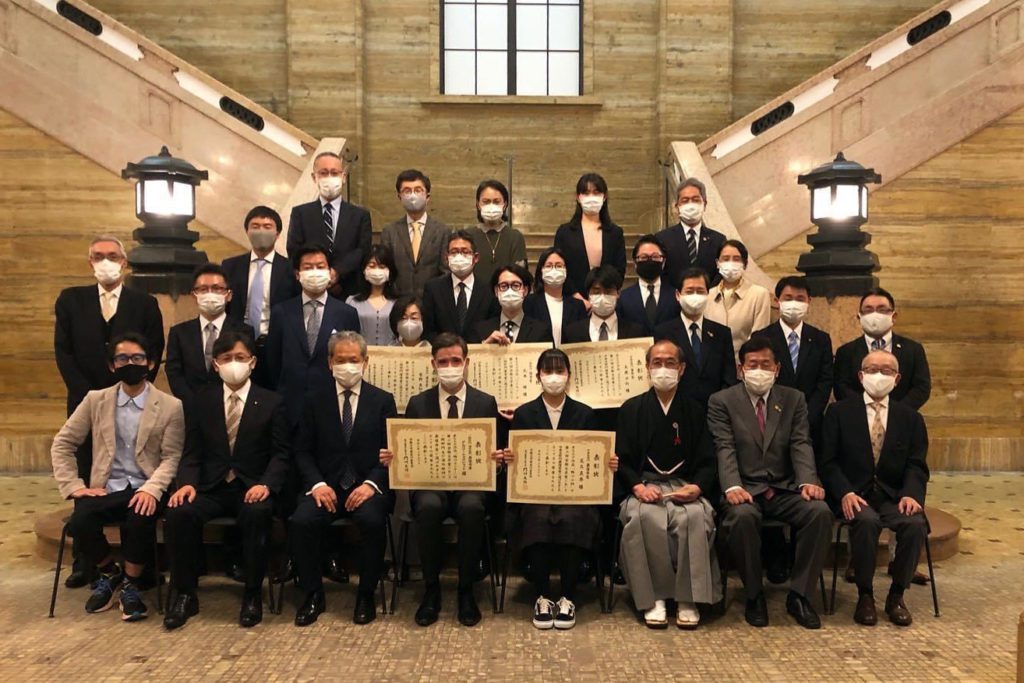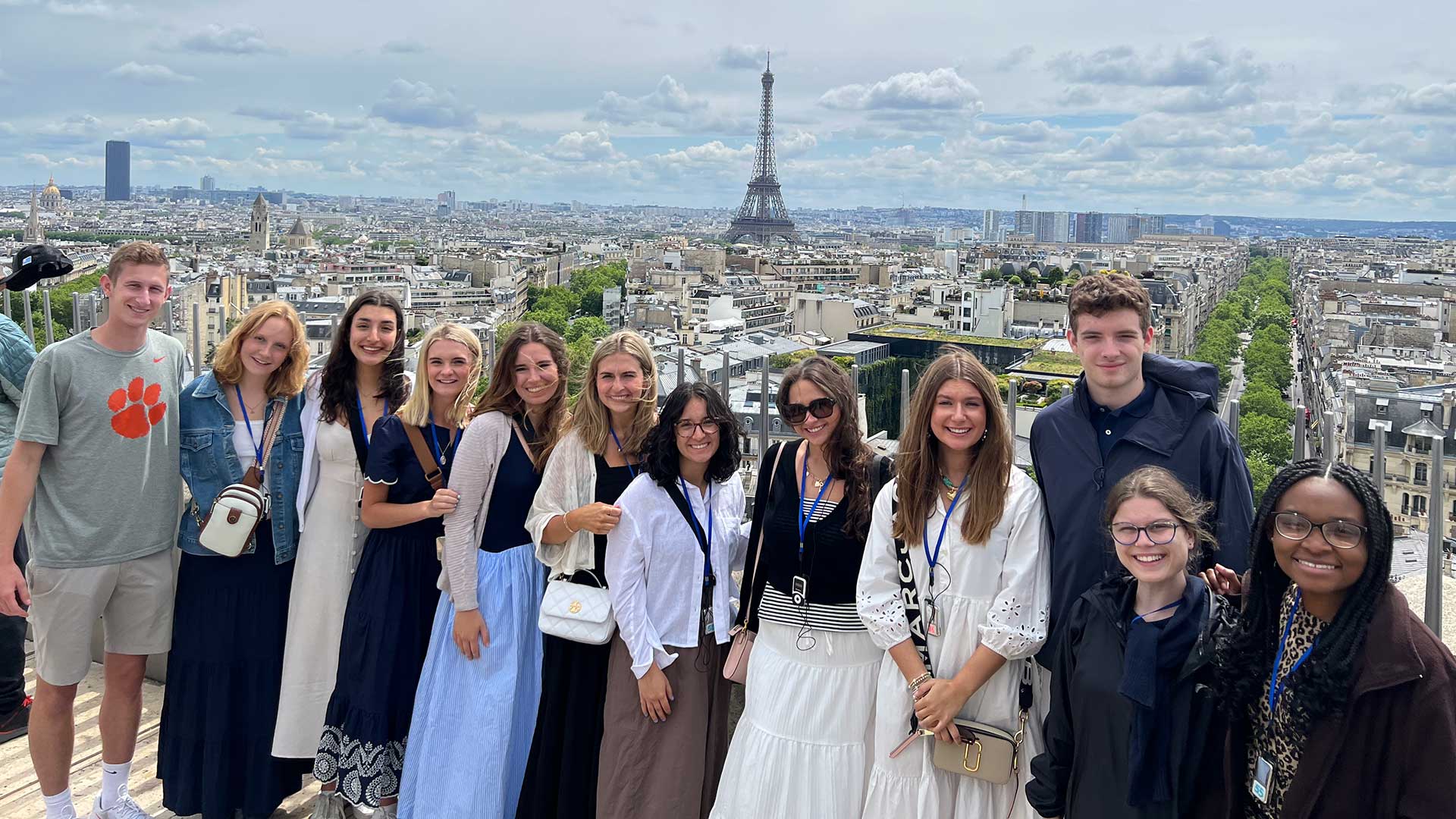Greg Khezrnejat, ’07, has won the Kyoto Literature Award for his novel, “Kamo River Runner,” which is set to be released October 27 by Kodansha, Japan’s largest publishing house.
Khezrnejat entered his novel into the competition in the category only for international writers who are not native Japanese speakers. However, he not only won the international category, but the competition judges were so impressed with his work that he also won the overall first prize.
Shinji Ishii, a novelist who was part of the panel of judges for the award, was the first to recommend Khezrnejat’s book for both categories. “At some point, another judge said, ‘Maybe this should win first prize?’ After that, it was an avalanche,” Ishii said (quotation translated from Japanese). “It really was a magnificent spectacle. The highest award should be given to the best work of literature among the entries.”
“It was a complete shock. I had no idea that something like that could happen,” Khezrnejat said.

Learning to love language
The mysteries of different languages have fascinated Greg Khezrnejat ever since he was a child.
“My dad is originally from Iran,” he explained. “I think that growing up hearing another language that was so different from English, I was always fascinated by the fact that he could switch personas like that, that he could read things that didn’t even look like letters to me.”
His initial interest in Japanese took root at J.L. Mann High School in Greenville, which had a Japanese language program. His interest grew as he participated in Clemson’s Department of Languages Declamation contest, which was led at the time by Assistant Professor of Japanese Leslie Williams. When Khezrnejat enrolled at Clemson, he majored in Computer Science and minored in Japanese, but an encounter with English Professor Lee Morrissey added a new dimension to his education.
“I took one of his classes, and I was hooked. I knew I wanted to change my major. I think he has that effect on some students,” Khezrnejat said. After the course, he added English as his second major. Although he studied primarily English literature in his major, the lessons carry through to his writing in Japanese.
‘Kamogawa Runner’ is very much a novel about language. Much of it is a sort of internal monologue by a character who is trying to understand why he can’t understand the words that surround him.”
Greg Khezrnejat, Author
“It had a huge influence on me, the way I write and think about language,” he said. “‘Kamogawa Runner’ is very much a novel about language. Much of it is a sort of internal monologue by a character who is trying to understand why he can’t understand the words that surround him.”
After graduation from Clemson, Khezrnejat moved to Japan as part of the Japan Exchange and Teaching Programme (JET), teaching English to elementary students in rural Kyoto. He pursued graduate degrees at Doshisha University while keeping in touch with his Clemson professors. Williams, before passing away in 2014, was able to visit Khezrnejat to watch one of his graduate research presentations.
“Dr. Williams was always a mentor to me. It was a bit intimidating but also an honor to have him there,” Khezrnejat reflected.
Kamo River Runner
“Kamo River Runner” centers on an American living in Japan, struggling to learn the language. The story grew directly from Khezrnejat’s own journal, which he began to keep as a way to practice Japanese.
“You can only get so far writing about daily life, there is only so much to write about, so I started to play with fiction,” he said. “I had to write to make those words my own. Until then, I always felt like I was parroting. I was very self-conscious about trying to take on the affect of a native speaker.”
The title of the book comes from the Kamo-gawa, the river that runs through Kyoto. The paths along each side of the river serve as the city’s central park and are a popular attraction for both locals and tourists.
Only about half a dozen modern Japanese novelists write in Japanese as a second language. Khezrnejat credits Ian Hideo Levy, the first native English speaker to write a modern novel in Japanese, as an inspiration. The work of Shirin Nezammafi, another Japanese language novelist who, like Khezrnejat’s father, hails from Iran, also provided motivation.
Although Khezrnejat hopes that one day his work can be translated into English so it can be enjoyed by his family and friends, he says much of book’s Japanese wordplay can’t be duplicated in English.
“I don’t know how you’d do that,” he said, “but I’m sure there’s a translator more talented than me who could figure that out.”
“Kamo River Runner” published by Kodansha, will be available for purchase on Amazon on October 27.







